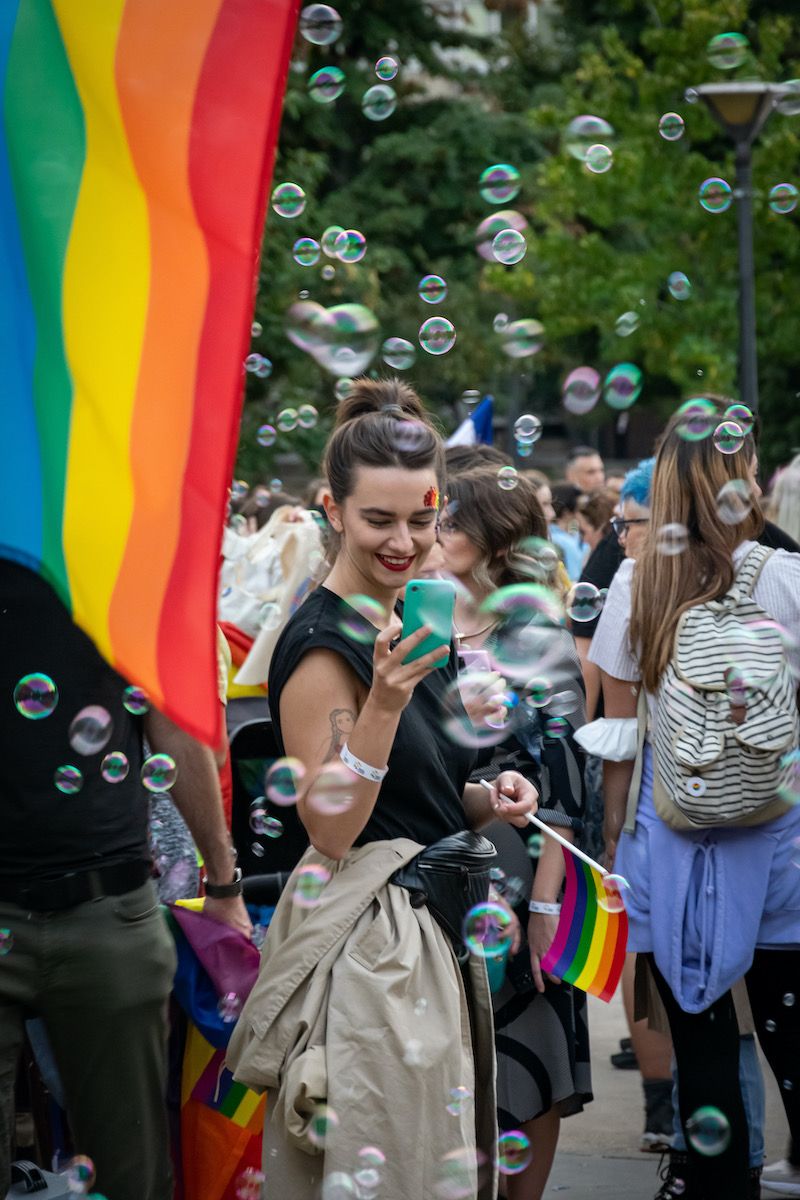Belgrade Pride 2021: Highlighting Calls for Same Sex Union Law in Serbia
Since the first Pride parades were held in Belgrade, where radical hooligans violently attacked activists, the situation for the LGBT community in Serbia has improved slightly. However, there is still a long way to go to end discrimination.

Twenty years ago, in 2001, the first Pride Parade took place in Belgrade. Radical hooligans disrupted the parade and attacked the activists. Ten years ago, in 2011, after several more attempts to hold a Pride parade, Pride in Belgrade was banned by the authorities. The ban, they claimed, was their best way to protect public peace and order – and the LGBTI community. "Violent extremists’ groups prevented the realisation of fundamental rights and freedoms in Serbia, including the right of peaceful assembly", concludes Tobias Flessenkemper, Head of the Council of Europe Office in Belgrade in an article in daily "Danas".
Since 2014, peaceful Pride parades have been taking place in Belgrade, and yesterday was no exception. In the past ten years, circumstances seem to have improved for exercising the right to freedom of assembly. Nevertheless, the police had to heavily shield yesterday's parade from counter-protests that happened in the city centre. Despite progress, the LGBT community in Serbia is still being targeted and humiliated, and does not enjoy the same rights as heterosexual couples, such as the right to same-sex union.
That is why the key requests of the Belgrade Pride organisers and supporters are:
the adoption of a law on same-sex communities
a law on gender identity and improved health services for trans people,
the rapid and more adequate reaction of state bodies to hate speech and hate crimes against the LGBT community,
adoption of local action plans for the LGBT community,
apologies to all citizens of Serbia who were persecuted for their sexual orientation and gender identity before 1994, and
education of young people about sexual orientation and gender identity